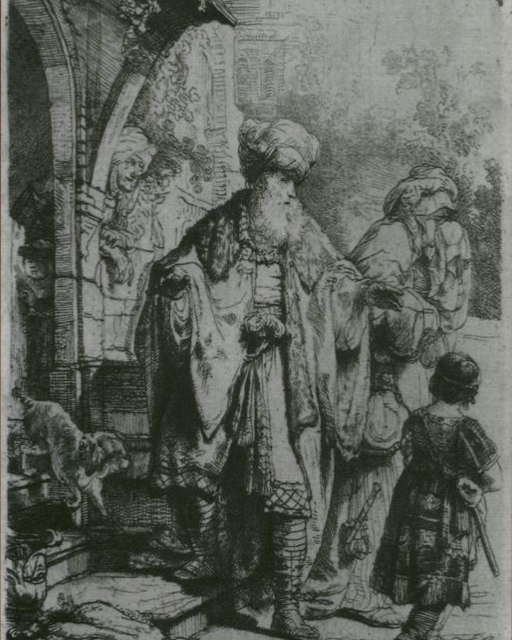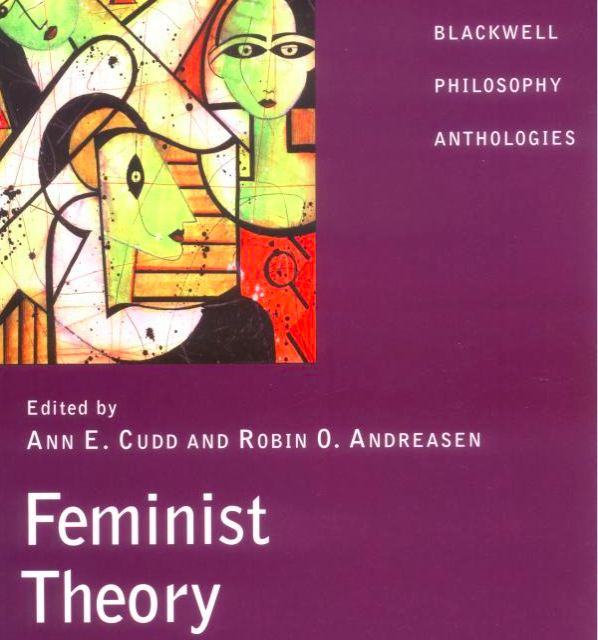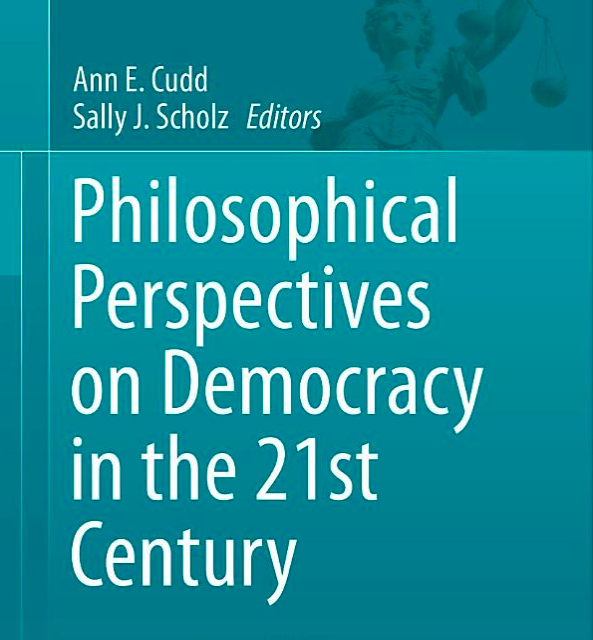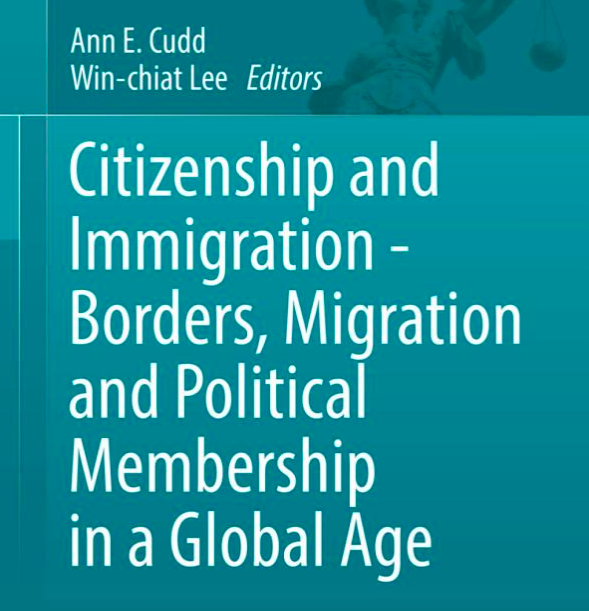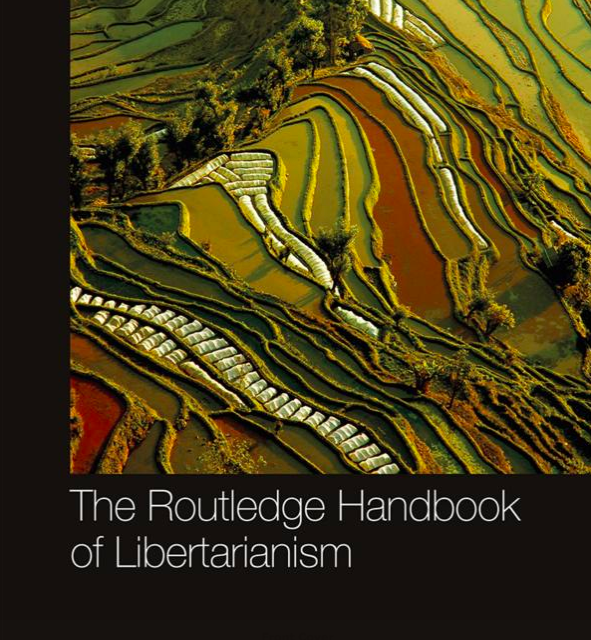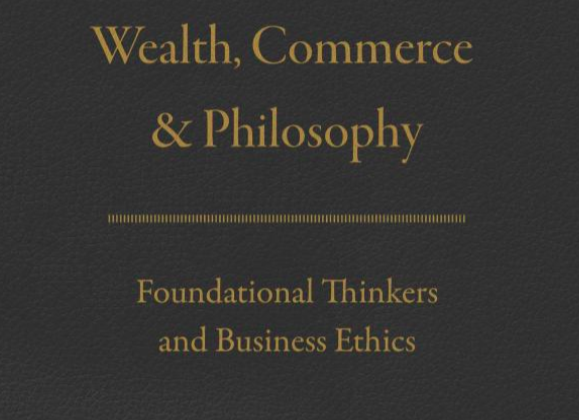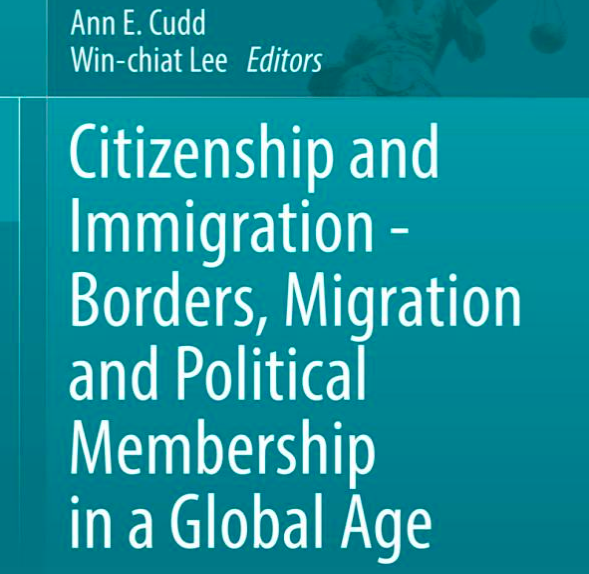Citizenship and Immigration: Borders, Migration, and Political Membership in a Global Age
Springer 2016
(co-edited with Win-chiat Lee)
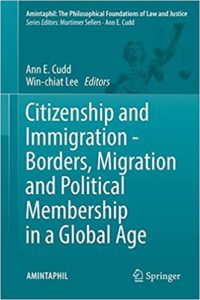 This work offers a timely philosophical analysis of interrelated normative questions concerning immigration and citizenship in relation to the global context of multiple nation states. In it, philosophers and scholars from the social sciences address both fundamental questions in moral and political philosophy as well as specific issues concerning policy. Topics covered in this volume include: the concept and the role of citizenship, the equal rights and representation of citizens, general moral frameworks for addressing immigration issues, the duty to obey immigration law, the use of ethnic, cultural, or linguistic criteria for selective immigration, domestic violence as grounds for political asylum, and our duty to refugees in general.
This work offers a timely philosophical analysis of interrelated normative questions concerning immigration and citizenship in relation to the global context of multiple nation states. In it, philosophers and scholars from the social sciences address both fundamental questions in moral and political philosophy as well as specific issues concerning policy. Topics covered in this volume include: the concept and the role of citizenship, the equal rights and representation of citizens, general moral frameworks for addressing immigration issues, the duty to obey immigration law, the use of ethnic, cultural, or linguistic criteria for selective immigration, domestic violence as grounds for political asylum, and our duty to refugees in general.
The urgency of the need to discuss these matters is clear. Several humanitarian crises involving human migration across national boundaries stemming from war, economic devastations, gang violence, and violence in ethnic or religious conflicts have unfolded. Political debates concerning immigration and immigrant communities are continuing in many countries, especially during election years. While there have always been migrating human beings, they raise distinctive issues in the modern era because of the political context under which the migrations take place, namely, that of a system of sovereign nation states with rights to control their borders and determine their memberships. This collection provides readers the opportunity to parse these complex issues with the help of diverse philosophical, moral, and political perspectives.






